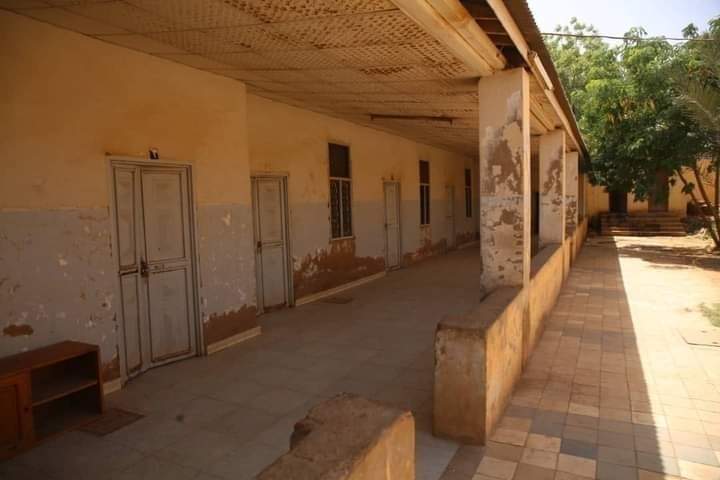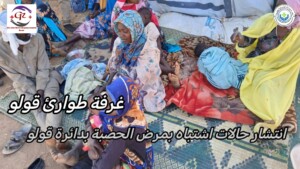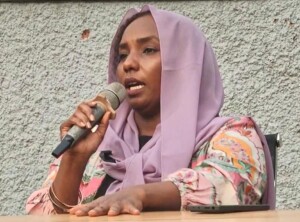Sudan psychotherapists provide mental support amid scarcity of medicines

The El Tijani El Mahi Hospital in Omdurman, the first hospital established for mental and neurological health in Sudan, in 1971 (File photo: SUNA)
The war that erupted between the Sudanese Armed Forces (SAF) and its paramilitary counterpart the Rapid Support Forces (RSF) almost a year ago, has not only caused more than eight million people to flee their homes, but has also a severe psychological impact on many Sudanese. Nearly 80 psychotherapists are treating traumatised people in nine states in the country, despite a “complete lack of health services”.
“Especially those subjected to direct attacks and human rights violations, to the sounds of bombing or horrific scenes such as bodies scattered in the streets, and those who lost their loved ones, are traumatised,” Lubna Ali, head of the Bit Makli Organisation and director of the Gadreen Centre for Addiction Treatment, told Radio Dabanga from Port Sudan, capital of Red Sea state and the de facto capital of Sudan, yesterday.
“The traumas take various forms,” she said. “We supervised the treatment of a displaced person who did not sleep for 15 days because of the horrors he experienced during the war.”
The psychological counsellor reported that 6,319 cases have been treated in nine states in Sudan since the outbreak of the war in mid-April last year. “Among these cases, 70 per cent were people suffering from mental disorders, 10 percent were victims of rape, and 20 per cent consisted of drug addicts.”
Ali explained that “we work with 79 psychotherapists distributed over nine states. Some of them also provided mental support to the many Darfuri refugees in Adré in eastern Chad, and praised “the tremendous efforts made by the therapists in light of the complete lack of health services.
“Among the greatest challenges for adequate psychological treatment is the closure of 12 psychiatric hospitals in Khartoum, Wad Madani, and Kassala due to the war, such as the Taha Bashar, Abdelal Idrisi, and the El Tijani El Mahi hospitals, the Gadreen Centre and six private hospitals in Khartoum, in addition to Aloub Hospital in the El Gezira capital, and the Afia Hospital in Kassala,” she said.
“The closure of these psychiatric hospitals not only hinders treatment of the people affected, but also evaluation sessions for legal purposes such as filing criminal complaints against the perpetrators, which in turn hampers the course of justice.”
Scarcity of medicines
The counsellor further reported that the psychotherapists are working “under compelling circumstances as medications are very scarce and have become extremely costly”. She stressed the urgent need for basic anaesthesia and medicines for children suffering from epilepsy.
She noted that medicines provided by the Qatar Charity have arrived in Port Sudan, capital of Red Sea state, “but the quantities of psychiatric medicines have not been identified, as the loads have not been released yet”.
Ali added that the closure of schools and universities for long periods as a result of the war also lead to serious psychological effects among students.
She further expressed her fears about the spread of the battles to states that have not been affected by violence so far. “For instance, we received 75 calls from panicking people in River Nile state within hours after the drone attack in Atbara on Tuesday.”
The psychotherapist also emphasised “the necessity of uniting efforts to absorb the shock and address the long-term psychological impact”.
She added that “the lack of international support, along with the cessation of government revenues, will further complicate the living conditions of families, including the psychological harm”.











 and then
and then